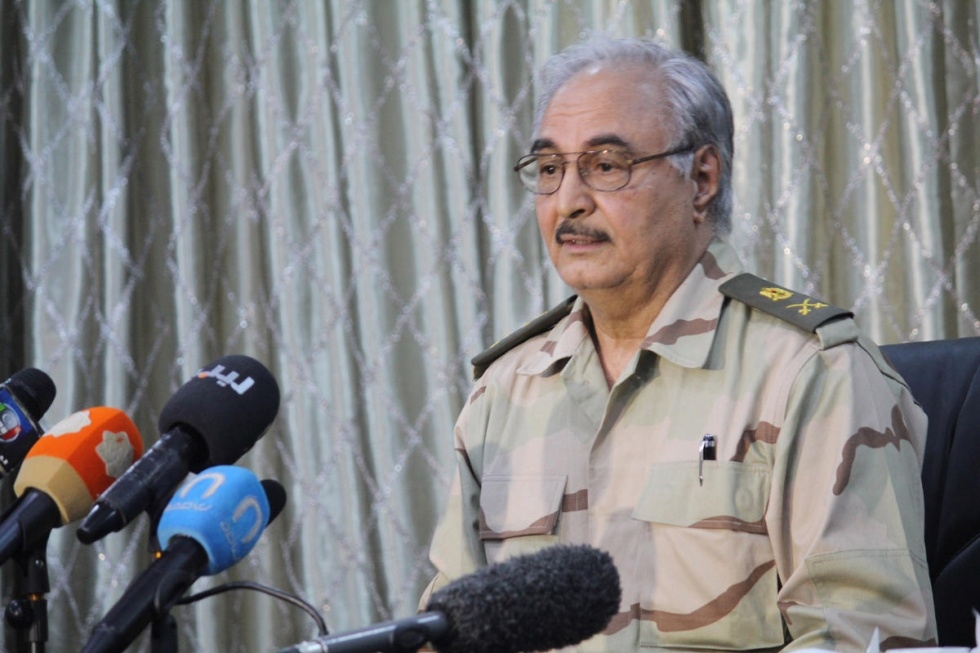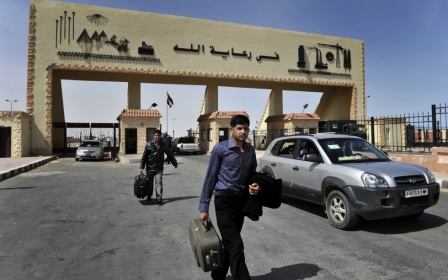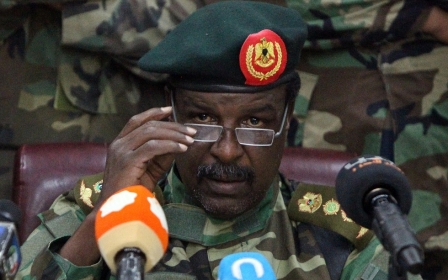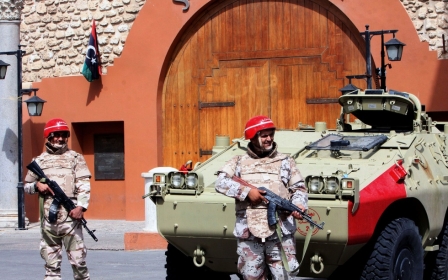Tobruk troops join Libya ex-general Haftar

Army and security personnel in the eastern Libyan city of Tobruk have reportedly decided to join renegade army general Khalifa Haftar, whose forces are engaged in deadly fighting with militias incorporated into the Libyan army.
According to the official news agency, the personnel of Tobruk's military bases, intelligence agencies and police announced siding with Haftar.
Forces loyal to Haftar have taken up arms against militia groups that now serve as part of Libya's regular army in the eastern city of Benghazi.
Dubbing the campaign "Libya's Dignity," Haftar said it aimed to "purge" Benghazi of "rogue militias."
The fighting, which flared up on Friday, has left 75 people dead and 141 injured.
On Monday, an elite Libyan unit's commander, Colonel Wanis Abu Khamada, said his troops were joining paramilitaries in the eastern city of Benghazi commanded by Haftar.
"We are joining the battle of 'dignity' launched by the Libyan National Army with all our men and weapons," said Colonel Wanis Abu Khamada.
On Sunday, militants said to be loyal to Haftar attacked parliament headquarters in the capital Tripoli and kidnapped several lawmakers.
In February, Haftar – who played a key role in the 2011 uprising – prompted fears of a military coup when he appeared on television in military uniform to demand the dissolution of Libya's parliament and interim government.
He had also claimed his forces had seized control of several military and strategic sites around the country.
The Libyan army at the time quickly refuted Haftar's claims, affirming that it remained in full control of all army barracks and military units throughout the country.
Libyan authorities have struggled to restore law and order since Gaddafi's ouster and death in 2011 amid the continued refusal of armed militias – which helped overthrow the late leader – to give up their weapons.
Middle East Eye propose une couverture et une analyse indépendantes et incomparables du Moyen-Orient, de l’Afrique du Nord et d’autres régions du monde. Pour en savoir plus sur la reprise de ce contenu et les frais qui s’appliquent, veuillez remplir ce formulaire [en anglais]. Pour en savoir plus sur MEE, cliquez ici [en anglais].




